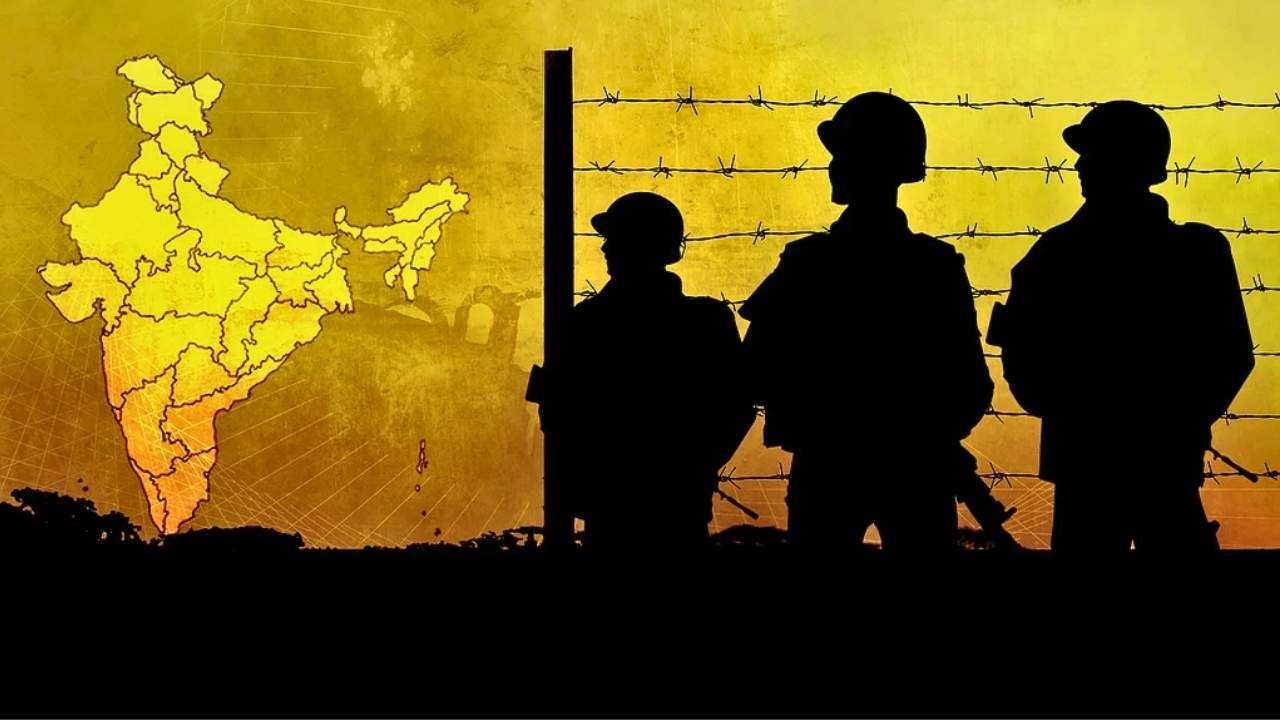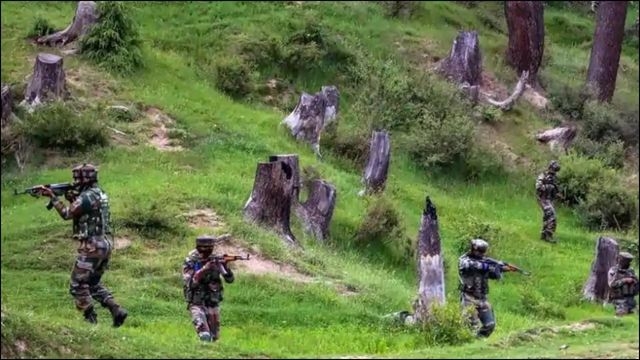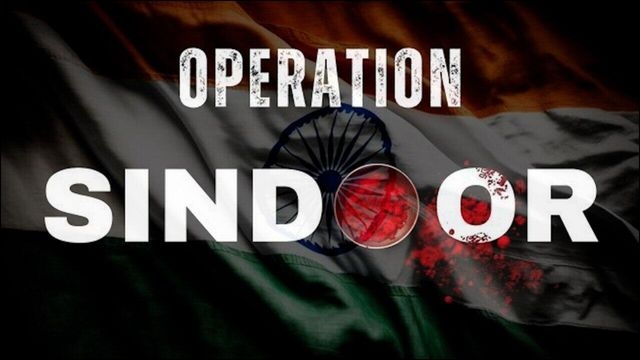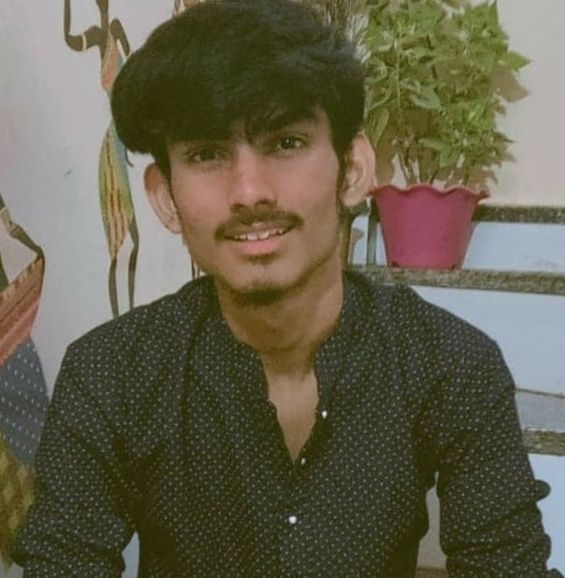Bharat’s Counter-Terrorism Approach: From UPA’s Silence to NDA’s Strength
30 Oct 2025 12:20:15

Each year, thousands of innocent lives are shattered by terrorist violence driven by extremism across the world. Whether rooted in religion, ethnicity or politics, extremist ideologies glorify the supremacy of one group over others and reject a tolerant, inclusive society. Their message of hatred and intolerance has brought devastation to several regions worldwide.
Terrorism, in all its forms and tactics, attacks the very foundation of human civilisation. It challenges our shared values of peace, justice, and dignity. It seeks to destroy democracy, dismantle human rights, and undermine the security and territorial integrity of nations.
Since independence, Bharat has faced repeated threats from jihadist terrorism, often fuelled by its hostile neighbour Pakistan. Over the last three decades, the nature of this terrorism has evolved. What began as a Pakistan-backed insurgency in Kashmir has now expanded into a wider web of jihadist operations, targeting cities such as Mumbai, Bengaluru, Hyderabad, and New Delhi.
Yet, despite the magnitude of these attacks, the responses of the then United Progressive Alliance (UPA) government remained slow, indecisive, and reactive. The following section traces the contrasting approach between the UPA’s silence and the NDA’s assertive counter-terror doctrine.
UPA’s Passive Stand on Counter-Terrorism
The years of the UPA government were marked by indecision and excessive restraint.
From the 2006 Mumbai train blasts to the 26/11 Mumbai carnage, the pattern remained the same: condemnations, candlelight vigils, and calls for “restraint.” While citizens grieved, the leadership remained paralysed. The focus stayed on “dialogue” and “confidence-building measures” with Pakistan, even as cross-border terror continued unchecked.

The Congress-led government appeared shackled by overdependence on Western mediation and a fear of projecting national strength. Intelligence failures went unaddressed, and perpetrators operated with impunity. Bharat’s responses under the UPA lacked the strategic clarity and moral resolve necessary to deter terrorism.
Post-2014: From Passive Governance to Decisive Action
Under Prime Minister Narendra Modi, Bharat’s counter-terrorism approach underwent a historic transformation. The shift was clear: from reactive containment to proactive engagement.
The 2016 surgical strikes after the Uri attack and the 2019 Balakot airstrikes following Pulwama reflected a new national security doctrine - one that placed deterrence and accountability at the forefront.
Uri Surgical Strike: A Defining Response
On 18 September 2016, terrorists from the Jaish-e-Mohammed group attacked an Army base near Uri in Jammu and Kashmir’s Baramulla district, killing 19 soldiers and injuring 30 others. The BBC described it as “the deadliest attack on security forces in Kashmir in two decades.”
Within hours, senior officials, including Home Minister Rajnath Singh, Defence Minister Manohar Parrikar, and National Security Advisor Ajit Doval, met to plan a decisive response. Nine days later, the Indian Army crossed the Line of Control and destroyed multiple terror launchpads in Pakistan-Occupied Kashmir.

Recovered materials, including grenades marked with Pakistani Army insignia, confirmed Islamabad’s involvement. The Army reported over 100 terrorists killed in what it described as a “pre-emptive strike.” The operation redefined Bharat’s counter-terrorism stance - no longer defensive but determined.
Balakot Airstrikes: Bharat Takes the Battle Beyond Borders
Three years later, tragedy struck again. On 26 February 2019, a suicide bomber attacked a CRPF convoy in Pulwama, killing 40 personnel. The attacker, Adil Ahmad Dar, was linked to Jaish-e-Mohammed, once again exposing Pakistan’s hand in terror.
Thirteen days later, Bharat struck back. Twelve Mirage-2000 fighter jets crossed 20 kilometres into Pakistani territory and bombed Jaish training camps in Balakot. The operation, lasting less than 20 minutes, flattened six major terror structures. Bharat had sent a clear message - any attack on its soil would invite a strong and immediate response.
Operation Sindoor: A New Era of Precision
Within just fifteen days of the Pahalgam attack in 2025, Bharat launched Operation Sindoor, a tri-service military offensive that reaffirmed the country’s resolve to crush terrorism at its roots.

Conducted on 6 May 2025, the mission targeted terror camps across Pakistan and Pakistan-Occupied Kashmir using SCALP missiles, HAMMER bombs, and advanced drones. The operation’s name, “Sindoor,” symbolised the protection and honour of Bharat’s families and martyrs.
Conclusion
Bharat’s fight against terrorism is no longer a defensive battle; it is an assertion of sovereignty and civilised confidence.
The policy is now rooted in strength, self-reliance, and strategic foresight.
From Uri to Balakot, from FATF to the UN, from Kashmir’s peace to border security, Bharat has shown that it will neither forget nor forgive terror.
Article by

Kewali Kabir Jain
Journalism Student, Makhanlal Chaturvedi National University of Journalism and Communication